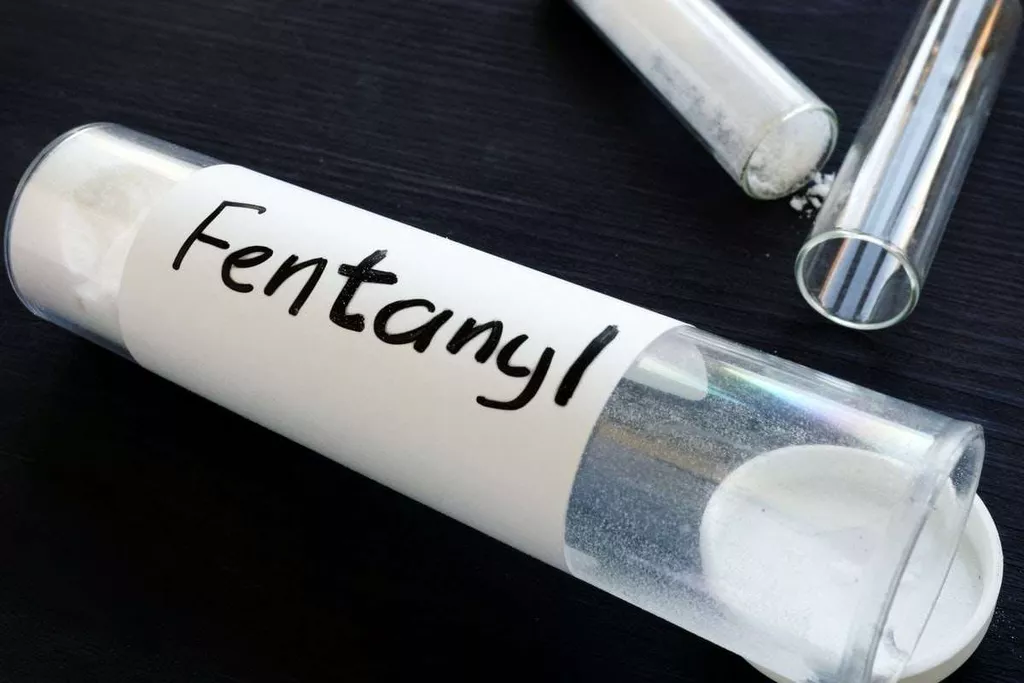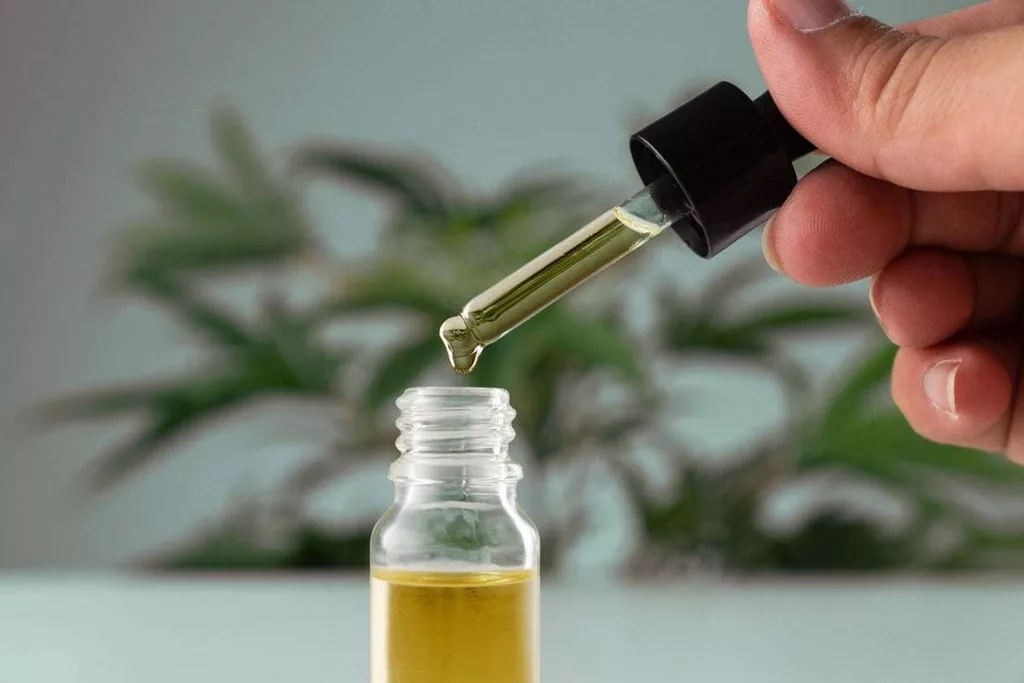
This is part of our ongoing commitment to ensure FHE Health is trusted as a leader in mental health and addiction care. While some triggers can be avoided, some come with the territory. This is when the coping skills and routines the individual established during rehab can help. Proactively managing stress, getting enough sleep, keeping structured routines at home, and keeping up with therapy appointments can help the individual navigate triggers Sobriety and avoid relapse. If you choose to disclose, having a calm, prepared conversation with your supervisor or HR can set the stage for a positive relationship moving forward. Focus on the skills you’ve gained in treatment, such as improved stress management, communication, and problem-solving, which can benefit your work.
IS IT A SLIP OR A RELAPSE?
Anyone who has already overcome drug addiction may think that they would never risk going back to rehab. The fact is that drug addictions are difficult things, and what is even more difficult is overcoming one for good. Many users feel extreme guilt after having a “slip” and using again, even if it is relatively common for those struggling with addiction to be tempted after rehab. Though it can be tempting, do not binge on alcohol or drugs before going back to rehab. Some people may want to experience the last hurrah before reentering rehab, but this puts you at risk of experiencing an overdose. Whether rehab is effective depends on several factors, including your specific needs and the structure of the treatment program.
What Happens If You Relapse and Return to Treatment?
This preparation involves practical arrangements, communication strategies, and understanding your rights. Setting realistic expectations is another critical component of understanding the transition. It’s important not to expect to immediately return to peak performance or handle stress exactly as you did before.

Balancing Work and Recovery
Given that relapses occur so often, it’s not surprising that some will need to go to back rehab more than once in order to stay on track in their recovery journey. Having to return to rehab isn’t a sign of weakness; rather, it’s a sign of a person’s commitment to long-term sobriety. Cognitive-behavioral therapy (CBT) is a method of psychotherapy that is very popular in addiction treatment. It helps identify addiction triggers and develop handling strategies. During your next time in rehab, think about how you can react differently to triggers that cause relapse. It could help you to find a program that offers a different approach to treatment than your previous substance abuse treatment program.
- Camille is dedicated and compassionate, with a deep-rooted passion for helping individuals and families navigate the complexities of addiction.
- Instead, it is a condition that proper rehab can train you to manage effectively for the rest of your life.
- Also, the “Dead-Again Christian” line in this song has been used several times before in Sage’s past songs, which I guess is a good description of his beliefs.
Take our free assessment to understand how we can help you better. Wondering what length of treatment is most appropriate for you or your loved one? Let the team at BTP help you determine what length of treatment is most appropriate. Enter your phone number and one of our treatment professionals will reach out to you as soon as possible.
Why Would Someone Go to Rehab Multiple Times?

Contact us at to speak with one of our rehab admissions navigators about returning to rehab. They can help you determine how to pay for rehab by either using health insurance to cover addiction treatment or other payment options. Dr. Saman is a mental health writer with over six years of experience in freelance writing, editing, and proofreading. She is a practicing healthcare professional holding a doctorate in physical therapy at DOW University of Health Sciences. Dr. Saman started content writing to blend her passion for writing and medicine with her extensive clinical experience.

Do I Need Treatment Again?
If you need to return to rehab, you should avoid feeling like you’ve failed. Going back to treatment will ensure you develop the healthy coping skills and relapse prevention strategies you need to be successful in addiction recovery. The road to recovery is paved with challenges, but it also offers incredible opportunities for personal and professional growth. As someone who has taken the brave step to seek treatment and embark on a journey of healing, you’re already equipped with valuable skills that can translate into the workplace. If relapses — physical or mental — are becoming a more common occurrence, you might want to consider going back to rehab. A study looking at nearly 40,000 American adults with substance abuse problems found that the average number of attempts it took for recovery was nearly 6 times.
- Transitioning back to work without returning to harmful habits and addictions is possible.
- Having a disruption in income in addition to the expense of rehab isn’t sustainable long-term.
- Anyone who has already overcome drug addiction may think that they would never risk going back to rehab.
- The feelings of shame and guilt further drive the substance abusing behavior in an effort to numb any uncomfortable emotions.
- Because relapse puts you at risk of physical injury, legal issues, and even overdose-related deaths, you should always return to rehab after you experience a physical relapse.
Work and Recovery: Establishing Priorities
And the whole world’s dancing along to it, and really she was writing about a decision that five years later would result in her being dead. If I walk into a shop and she’s playing, I always get a little sense of pride and warmth, but I can’t put it on. You can also get started right now by filling out our to verify your insurance benefits. Learn about job security, legal protections, the ADA, FMLA implications, and FMLA eligibility.
Going Back To Rehab After A Relapse

If one leg is wobbly or shorter than the others, the stool won’t support you. But if you give proper attention to all three legs, and work your program to incorporate growth and healing into all three aspects, you’ll build a solid, supportive place for your recovery. They start with a small acorn, and over time, develop deep roots and a strong trunk to support many branches. You need to put down deep roots in recovery, give yourself time to going back to rehab grow, and then your many branches or relationships can strengthen and support others.
